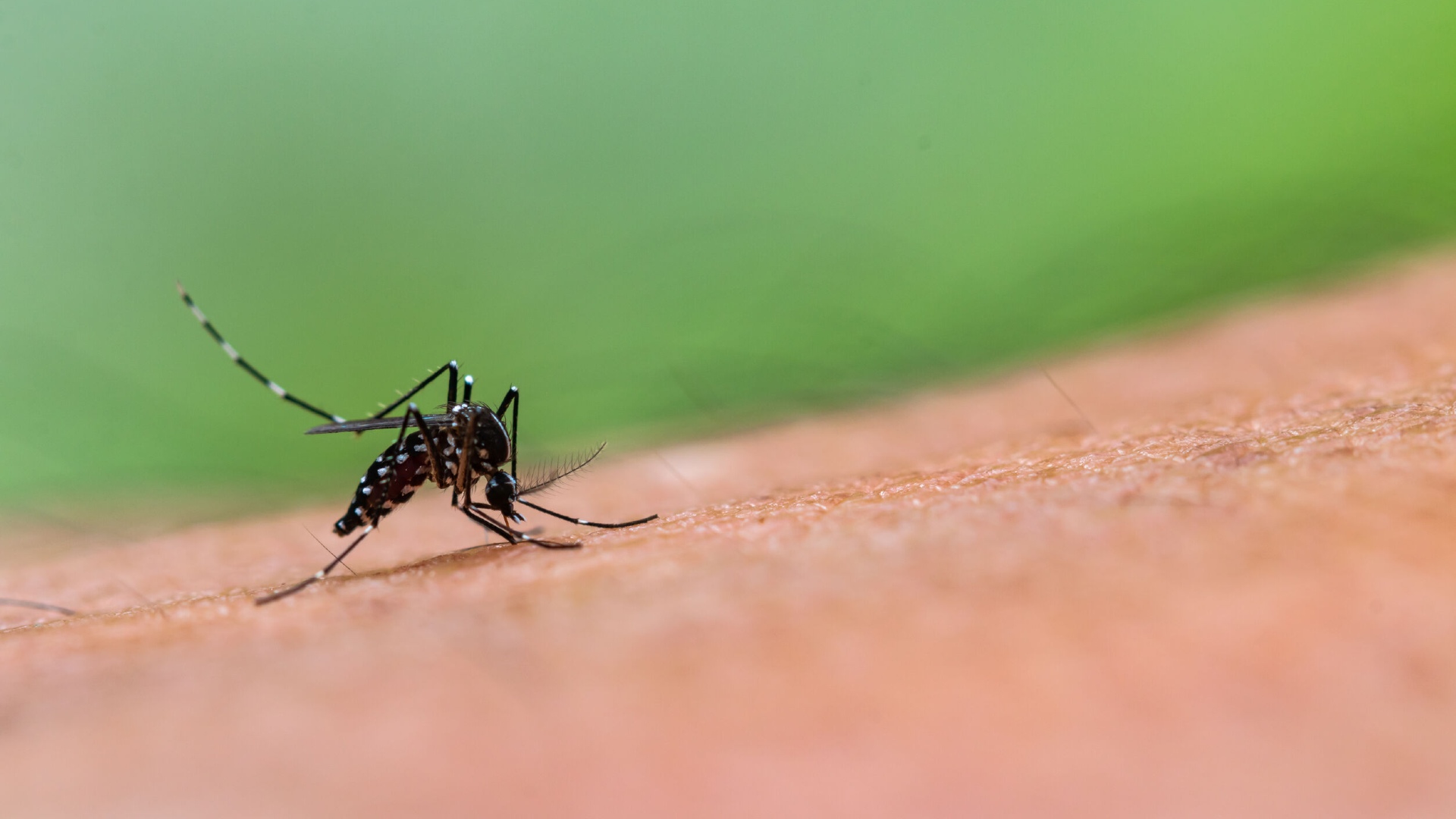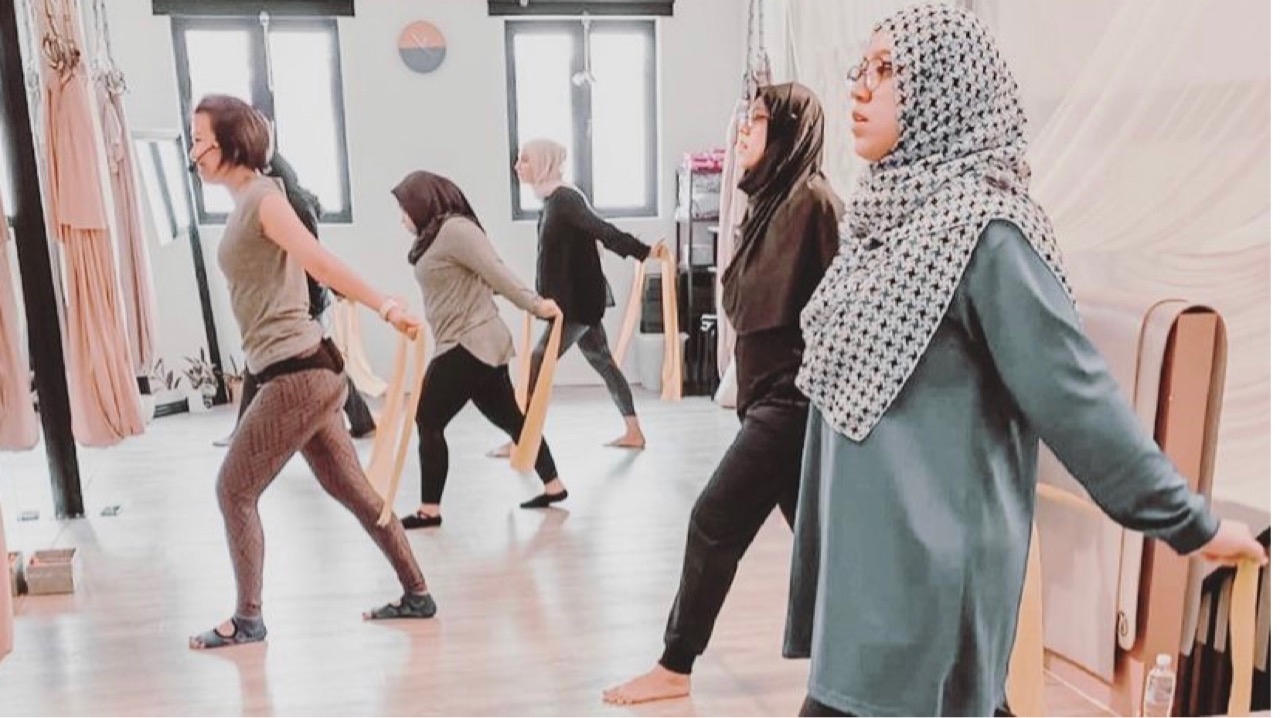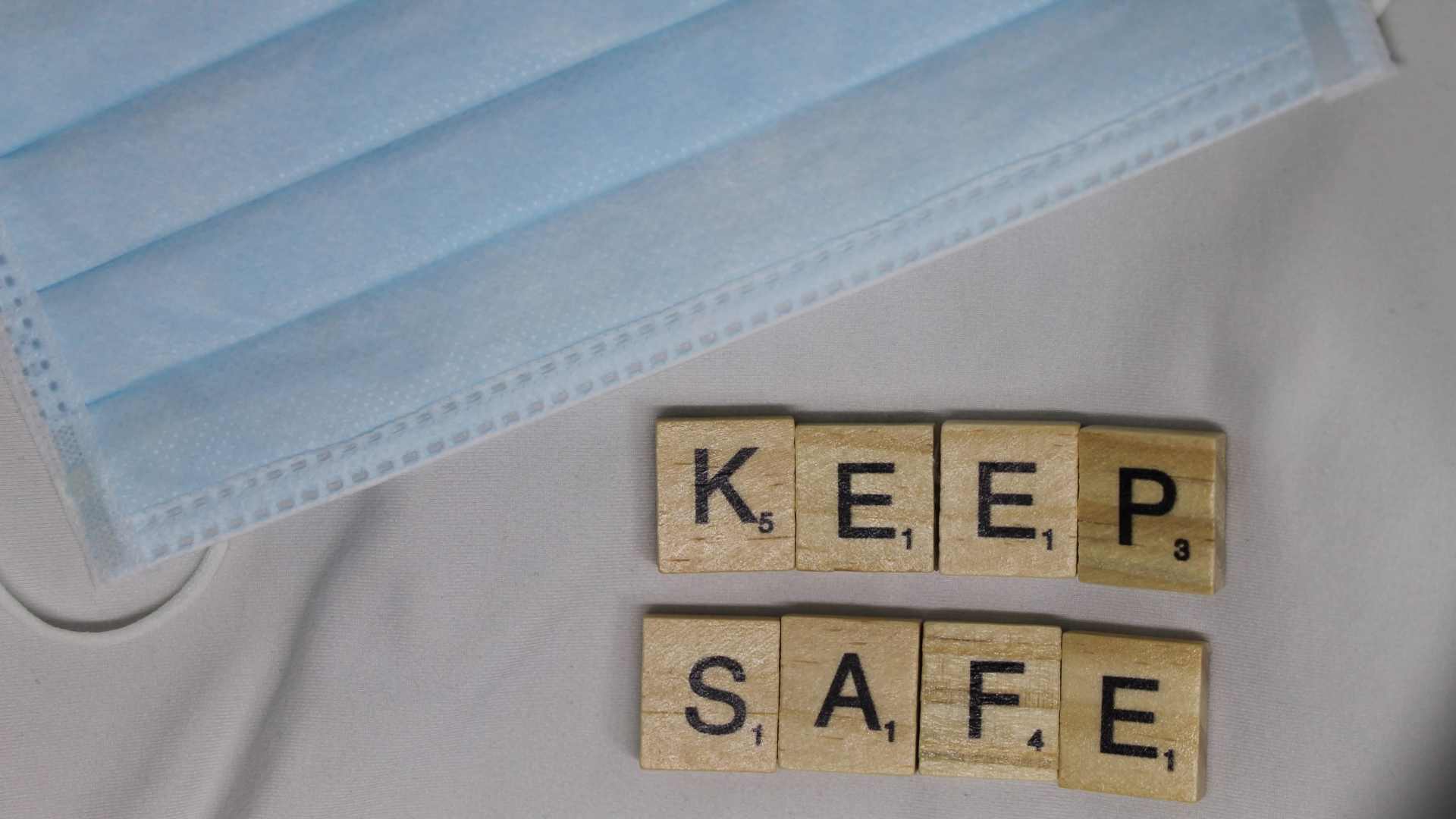As NEA's Dengue Busting Project Expands, Here Are Some Dengue Myths Debunked
Exciting news on Singapore's fight against dengue - it's been reported that the dengue-curbing Project Wolbachia is set to expand to 5 additional residential areas starting early next year: Bukit Merah-Telok Blangah, Clementi-West Coast, Commonwealth, Holland, and Marine Parade-Mountbatten, following positive outcomes from ongoing field studies by the National Environment Agency (NEA).
This means that the programme’s coverage will extend to 480,000 households, encompassing 35% of all homes in Singapore, from HDB to landed estates.
What is Project Wolbachia?
Launched by the NEA in 2016, this initiative involves the release of lab-grown non-biting male mosquitoes carrying the Wolbachia bacteria. These mosquitoes mate with uninfected females, resulting in eggs that do not hatch, curbing the reproduction of disease-carrying mosquitoes.
The impact of Project Wolbachia is nothing short of remarkable. NEA reports a staggering reduction of up to 98% in Aedes aegypti mosquito populations at study sites in Yishun and Tampines, Choa Chu Kang, and Bukit Batok towns following the release of male Wolbachia-Aedes mosquitoes.
Furthermore, core areas within these study sites, where releases have been ongoing for at least one year, witnessed up to an 88% decrease in dengue cases compared to areas without such releases.
While these results are promising, it's crucial to remember that our battle against dengue is ongoing. To help you separate fact from fiction when it comes to the disease, Associate Professor Lim Tit Meng, Chief Executive of Science Centre Singapore is here to debunk some common dengue myths.

MYTH: I get bitten because my blood is “sweet”, and the Aedes mosquito homes in on those with “sweet” blood.
It’s not the sugar or sweetness in your blood that attracts the mosquito but your blood type. Studies have suggested that mosquitoes are attracted to individuals with Type O and Type B blood. If you find yourself under the constant attack of nasty bites, avoid wearing colours such as black or red - mosquitoes are attracted to them.
MYTH: I have COVID-19 now, so yay! I won’t kena dengue.
Though both dengue and COVID-19 share similar symptoms, it is possible to be co-infected with both viruses at the same time. As a matter of fact, contracting both viruses may also cause tremendous stress on the body, leading to catastrophic outcomes. If you’re under the suspicion of being co-infected with both viruses, it’s always a good idea to get tested for your personal safety, and to keep your family and loved ones safe.
MYTH: I’ve kena dengue before, so I’ll be immune!
It is possible to be infected with dengue more than once. There are four different strains of the virus, and a person only builds immunity to the particular strain that they are infected with.
It is also likely for dengue reinfections to be more fatal than previous ones, because individuals infected with a different strain may develop a condition called the Antibody-dependent Enhancement. When this happens, it increases the ability of a virus to enter cells, thus making the infection worse.
In the battle against dengue, prevention is better than cure. If you’re going on long walks, or taking a stroll at the park, do it with a mosquito patch or spray on some repellent. A little effort goes a long way.
MYTH: My home is not near a long kang or large body of stagnant water, and I don’t keep plants. I’m safe!
We’re all familiar with the Aedes mosquitoes laying eggs in stagnant water in roof gutters and flower pots. But did you know that the Aedes mosquitoes can also lay eggs in tiny puddles of water as small as a 20-cent coin? They can even lay eggs in pockets of water trapped in the crevices between floor tiles. As a rule of thumb, it’s always wise to keep things dry.
MYTH: I have the ultimate protection from dengue: a UV-light bug zapper!
You may feel fulfilled and dengue-free after purchasing that shiny new bug zapper during the latest Mega Sale Day on your favourite e-commerce platform. Unfortunately, the Aedes mosquito isn’t attracted to the UV light in most bug zappers.
To make matters worse, the bug zapper may even be killing useful and harmless insects, taking a toll on our ecosystem. To drive away mosquitoes, you may consider using fragrances such as citronella, lemon or lavender to repel them instead.
On a related note...
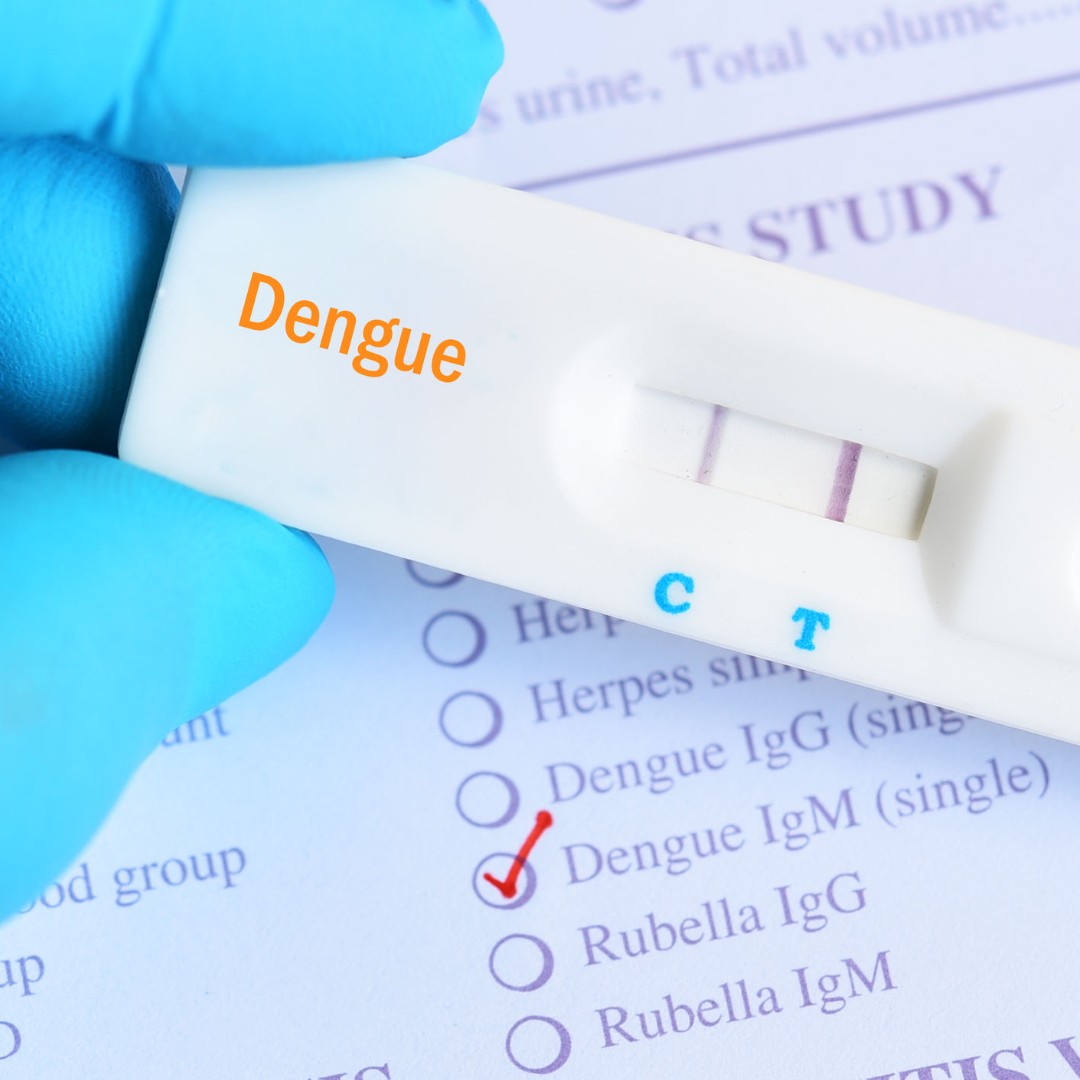
8 Symptoms To Look Out For When Dengue Becomes Life-Threatening
Warning signs of DHF usually start showing up within 48 hours of recovering from the initial virus, typically as the fever reduces to below 38⁰. Lethargy, persistent vomiting, elevated red blood cell count (haematocrit) and a low platelet count are all indicative signs that someone is more likely to develop DHF. Tap the link above for a list of DHF symptoms to look out for.
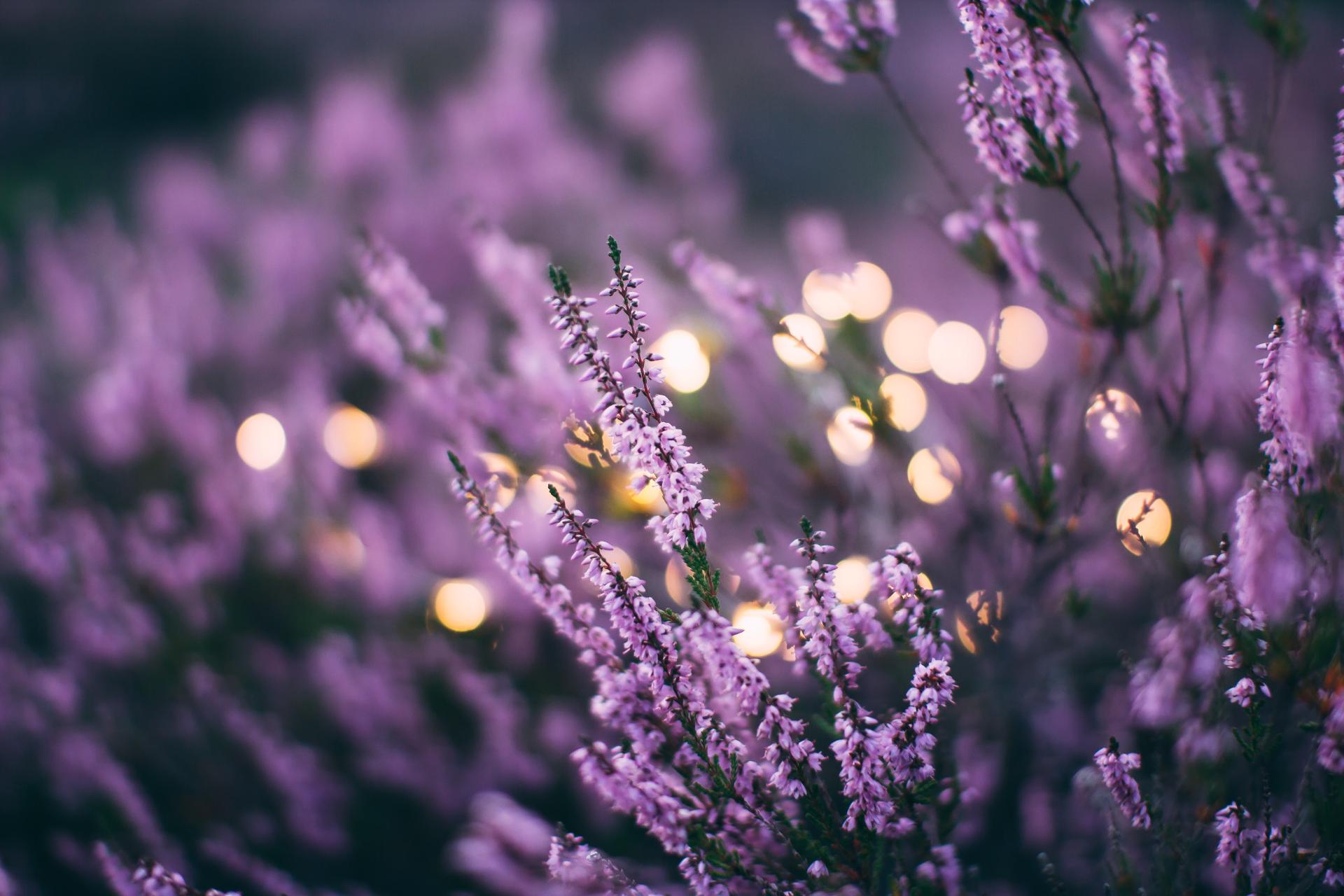
Plants That Keep Mosquitoes Away From Your Home
Tap the link above for a list of under-rated plants and herbs that will help you keep mosquitoes at bay. We’re talking about plants like citronella, lavender, peppermint and lemon balm.
For the latest updates on Wonderwall.sg, be sure to follow us on Facebook, Instagram and Telegram. If you have a story idea for us, email us at [email protected].



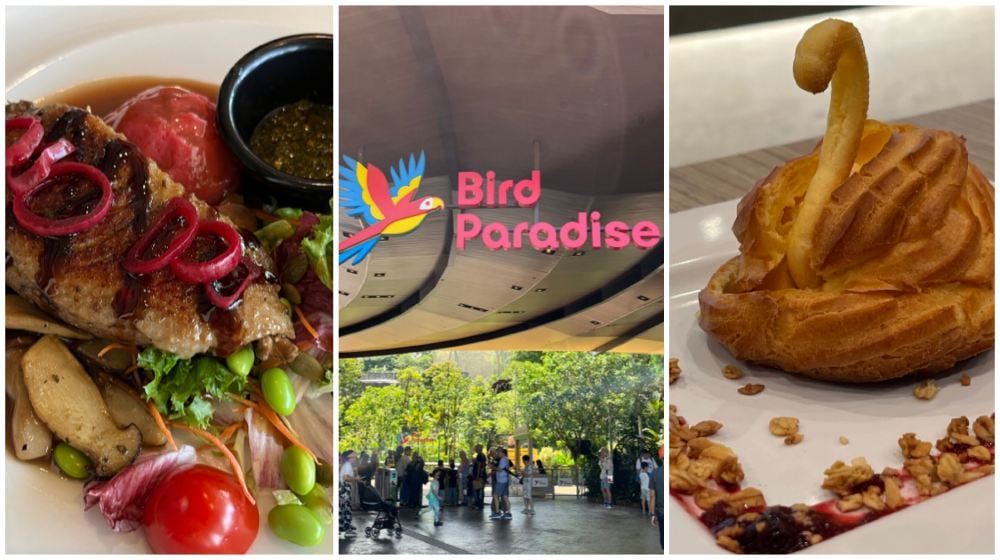

/roundup_19_april_2024_rectangle.jpg?sfvrsn=898f23d7_1)

